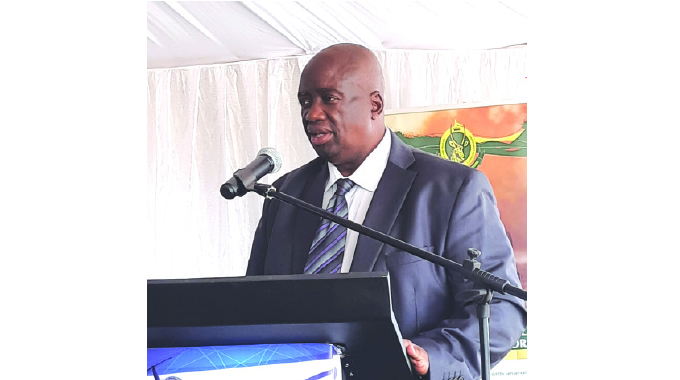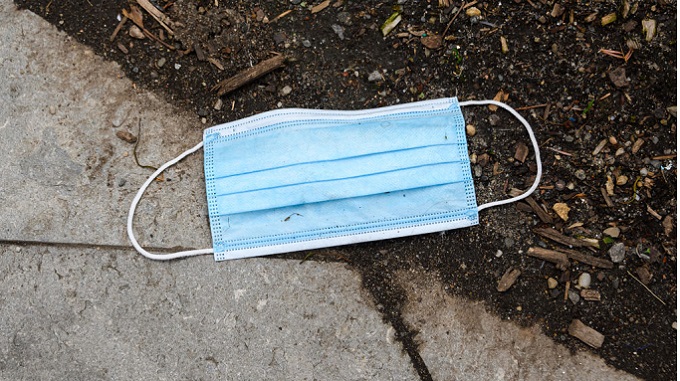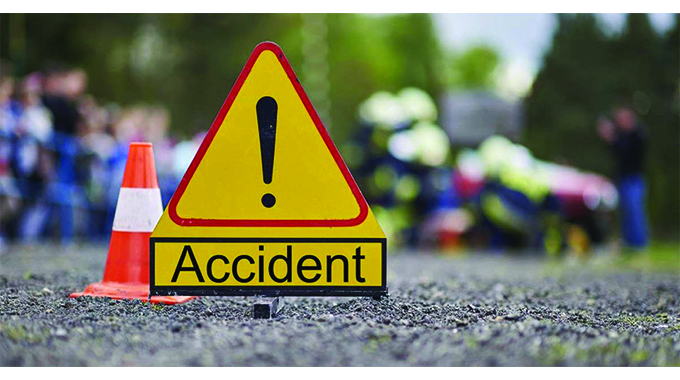Some Victoria Falls yards too filthy for city’s ambiance

Leonard Ncube, Victoria Falls Reporter
SOME yards especially in the low-density areas of Victoria Falls have been deemed filthy and unworthy to be part of the ambiance of the city because of tall uncut grass, which poses a danger of becoming breeding areas for mosquitoes, council officials have warned.
Speaking at a recent stakeholders meeting, council authorities expressed concern about residents failing to cut grass in their own yards, as it enhances the breeding of mosquitoes.
Victoria Falls is a tourist destination and environment management are one of the key focus areas to keep the area in its pristine form.
Vic Falls Town Clerk Mr Ronnie Dube said the level of neglect of some yards is a disgrace.
“We appeal to stakeholders to play their part, the issue of malaria is not a council issue alone, it.is everyone’s role to prevent malaria. If you drive around you see a lot of grass-how does it feel to see uncut grass in and around yards?” said Mr Dube.
The biggest concern is on Government houses occupied mostly by civil servants and workers from parastatals such as Zimbabwe Revenue Authority, Department of Immigration and others.
“Government houses are dirty. Let’s maintain our houses. Generally, the ambiance of the town is our responsibility, all of us. In the low-density area, it is a disgrace, including the townships too,” said Mr Dube.
He was responding to a question from a resident who had asked about what council was doing to prevent malaria prevalence in the city.
On the issue, the city’s Housing, Health and Community Services director Mr Brian Nyamande said the Victoria Falls City Council should remain alert against malaria despite the tourism destination having been declared a malaria free zone following intense intervention measures.
Victoria Falls was over the years one of malaria red zone areas until around 2016 when incidents dropped to insignificant figures and the only recorded cases were imported.
The local authority, working with various stakeholders through the Ministry of Health and Child Care, carried out a number of malaria control and prevention measures to make sure the city is free from malaria causing mosquitoes.
These measures included fogging, a process of releasing masses of chemicalised smoke into open space around the city to kill mosquitoes, as well as laviciding on breeding areas, indoor residual spraying and grass cutting.
“In 2016 we were declared a malaria free zone as there were no locally generated mosquitoes and malaria cases but we have been having challenges as we started having problems of resistance from stakeholders in terms of spraying.
“Our statistics of households sprayed started falling and those responsible for funding IRS said there was no longer need to continue with the programme,” said Mr Nyamande.
Before Covid-19 lockdowns the city carried out intensive fogging, laviciding, fogging and grass cutting initiatives.
Some residents would however deny teams entry into their houses claiming the chemicals used for spraying were leaving stains on their properties. Mr Nyamande said there is need to remain alert.
“The fact that we no longer have malaria is good but calls for us to maintain high standards. All stakeholders should participate to sustain efforts made,” he said, adding that grass cutting is an ongoing exercise in open areas managed by the local authority.
-@ncubeleon









Comments